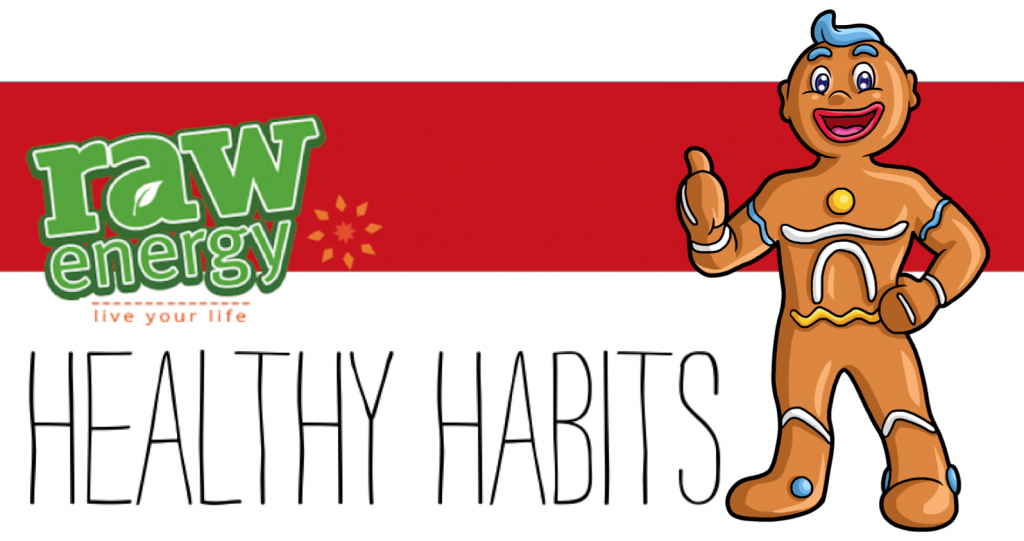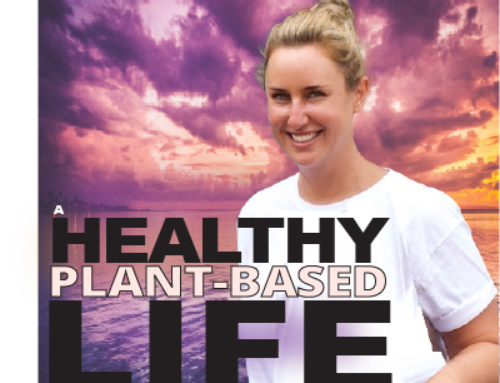In my work as a health coach, ‘what should I eat to reduce stress and boost energy’ is a question that I am asked more frequently than any other.
People are confused, and it’s no wonder as there’s a huge amount of conflicting advice in the mainstream media fueled by scientific evidence; celebrity endorsements of different fad diets, and profit-driven food and drink companies keen to encourage us to buy and eat more and more of what they consume.
So what’s the answer to this question? I advise my clients to ‘upgrade their diets’ – and follow five steps to reduce stress and increase their energy levels.
Here are those five things you can do to upgrade your diet in order to reduce stress, boost your energy levels and increase your overall health & wellbeing. The lessons are based on insights from scientific studies combined with my own practical experience drawn from working with many people over the years.
Eating for Energy and Resilience
- Eat real food – ie whole foods that haven’t been highly processed with added chemicals and unrecognisable ingredients. Whole foods contain all of the vitamins and nutrients your body and brain needs to function. Examples of whole foods include: eggs, vegetables, fruits, small fish, nuts, pulses. The opposite to whole foods are very refined, and usually very palatable foods such as cakes, chocolate and sugary drinks which are sources of energy, but have little or no positive nutrition and, as research shows us, overconsumption can lead to weight gain, so eat as little as you can manage of these!
- Check the labels – life is busy, so if you do chose to buy processed foods out of necessity, take time to check the labels and select products with less fat, sugar and salt, and exclude any with ingredients that you don’t recognise. Take note too that processed foods such as ready meals; breads and sauces often include ingredients that you wouldn’t usually include if you were making them from scratch at home. Many, for instance, include added sugar.
- Eat the ‘superfood’ vegetables and fruits which nature has provided. These ‘superfoods’ are packed full of macronutrients that feed and fuel all of the cells in your body and brain. There are so many to chose from, but as a tip, try to include dark, leafy greens, such as kale, collards, spinach, arugula, mustard greens on a daily basis. We buy these super foods in the market every Saturday morning which is very cost effective. Also don’t forget to include sea vegetables such as seaweed which are packed full of minerals that are difficult to obtain elsewhere in the diet.
- Look after gut health by consuming fermented foods. Research is emerging about the importance of maintaining a healthy gut for overall wellbeing. Our gut contains both good and harmful bacteria, and when this ratio gets out of whack, our health suffers. So feeding your gut with beneficial microorganisms is an important habit to develop. There’s plenty you can do to encourage their growth. One effective way is by eating foods packed with probiotics like fermented foods such as Sauerkraut, Kombucha or kefir.
- Eat a balanced diet. Balance your diet by consuming the right amounts of all of the macronutrients which include: fat, carbohydrate and protein. Macronutrients provide you with calories or energy which your body and brain needs to thrive. How much is enough? There isn’t a simple answer to this question as we are all very different, with different lifestyles; different body shapes; different ages and different genetic blueprints.However, as a guideline, the Food and Nutrition Board, a subgroup of the Institute of Medicine, recommends:- 45 to 65 percent of your daily calorie intake should come from healthy carbs including vegetables and whole grains such as brown rice, quinoa or millet.- 20 to 35 percent of your calories from fat, which has been the subject of much controversy over the last twenty years. Again all fat is not equal, and healthy sources of fat include cold water oily fish such as salmon, mackeral, herring, sardines and anchovies.
– 10 to 35 percent of calories should come from protein. Healthy sources of ‘superfood’ protein include fish as well as eggs.
The food and drink we consume is the foundation of a healthy lifestyle.
As well as feeding our cells and giving us daily energy in the short-term, a healthy diet today will make a difference to how you look and feel tomorrow.
So be kind to your future self and follow the five steps above.
If you’d like more great ways to boost your energy and reduce stress, sign-up for the Healthy Habits Ezine:
References and further reading
Susan Jebb, professor of diet and population health at the University of Oxford
A balanced Diet
Donna Gates Body Ecology Diet
Kevin Geary :The Rebooted Body










